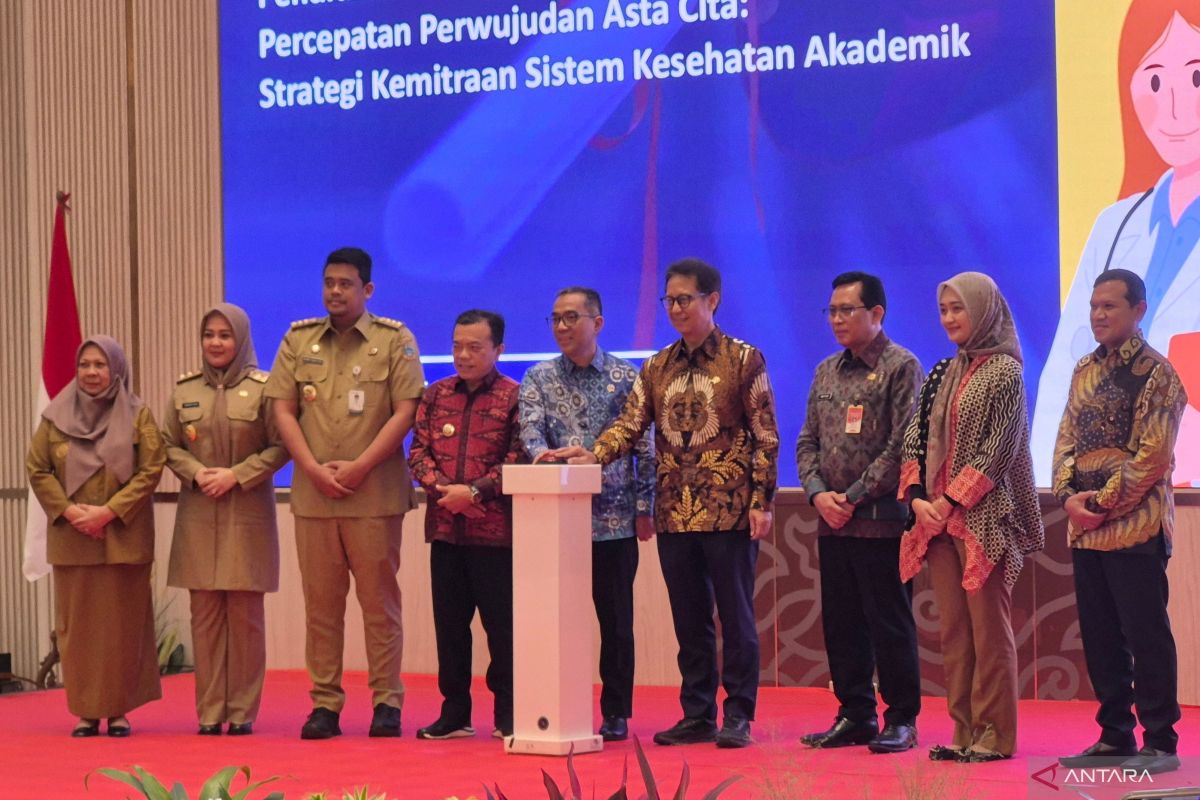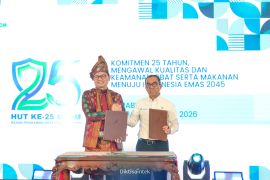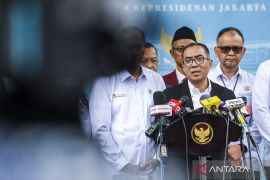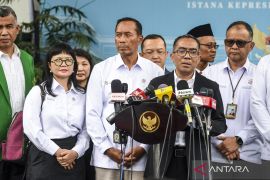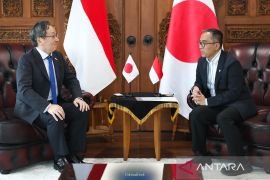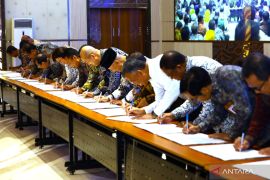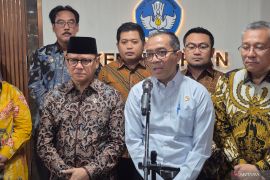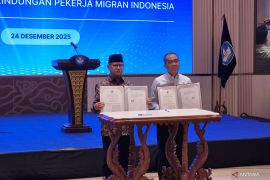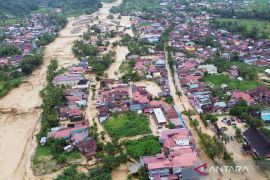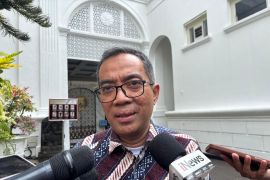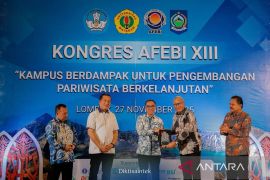The program aims to enable access to quality higher education for medical and healthcare professionals.
The initiative is also targeted at accelerating the realization of President Prabowo Subianto’s Asta Cita through a strategic partnership with the academic health system.
“Higher education must be oriented towards access, quality, relevance, and impact, in line with the Asta Cita mission,” Minister of Higher Education, Science, and Technology, Brian Yuliarto, said in Jakarta on Tuesday.
“We must be able to produce quality medical personnel and streamline research that contributes to improving the healthcare system,” he added.
According to Yuliarto, his ministry has coordinated with universities within the academic health system partnership network to establish a task force to accelerate the fulfillment and distribution of doctors and specialists this year.
He informed that of the 136 faculties of medicine in Indonesia, at least 25 currently offer 358 specialist/sub-specialist study programs.
The task force will soon implement a quick-win program with three strategies: adding new study programs and increasing the quota of specialist and sub-specialist medical students through a university partnership model; placing senior residents in priority teaching hospitals (RSP); and strengthening partnerships with local governments, ministries/agencies, and relevant stakeholders, the minister informed.
On the same occasion, Health Minister Budi Gunadi Sadikin emphasized the urgent need for reforming the medical education paradigm.
He said that the goal of ensuring equal distribution of specialist doctors in Indonesia requires faster production of doctors in the country.
The Ministry of Higher Education, Science, and Technology is partnering with the Association of Indonesian Medical Education Institutions (AIPKI), which is coordinating with 57 medical faculties to open 148 new specialist and sub-specialist study programs.
More than 350 hospitals are expected to open in 2025–2026.
This effort is expected to increase the student quota to more than 8 thousand by 2026, resulting in an annual increase in graduates to more than 6 thousand by 2030.
Currently, the quota for new medical students in Indonesia is around 18 thousand per year.
With the rapid increase in the number of medical faculties to 144 by 2025, coupled with the estimated annual increase in the number of graduates from the Medical Professional Program Student Competency Test (UKMPPD) and the addition of approximately 26 new medical faculties, the number of graduates could increase to around 15 thousand per year by 2030.
Moreover, the Health Ministry has projected that 48 thousand doctors will be produced between 2025 to 2030 to fulfill the country’s doctor shortage.
Related news: Indonesia targets 60,000 GPs by 2029 with new task force
Related news: Ministries form committee to accelerate medical education reform
Translator: Sean Filo M, Resinta Sulistiyandari
Editor: Arie Novarina
Copyright © ANTARA 2025
